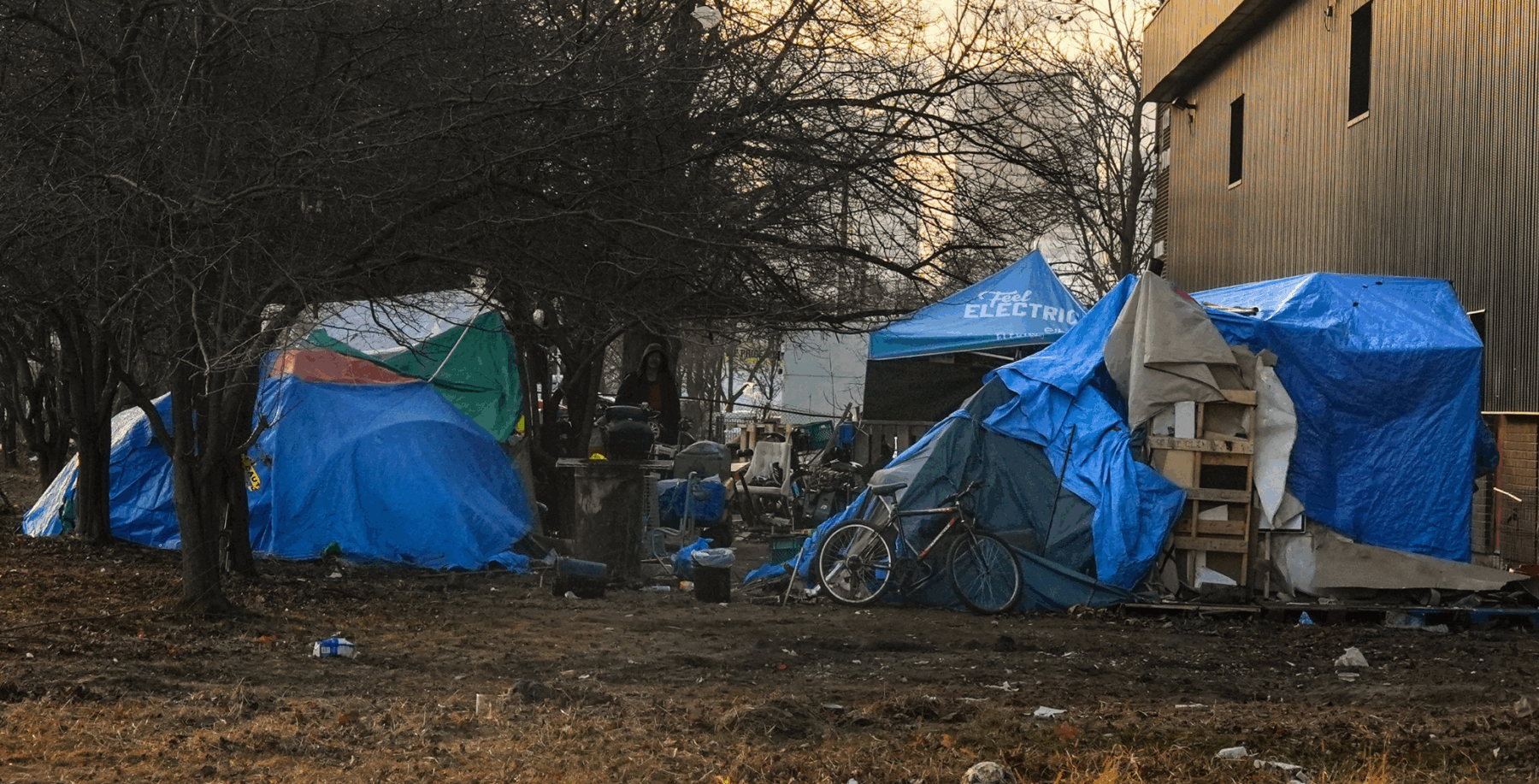
Q: Are certified flowers legit?
A: So you’ve been sending your mom flowers every year, thinking you’re the most charming child in the family. Well, hold up. My mother-in-law had been getting bouquets every year, too, until she finally told her sons, “Enough with the disposable gifts already! Send me a houseplant or something instead.”
Keep her message in mind when you’re planning this year’s Mother’s Day gift.
What are you trying to tell her anyway: “Ma, my love for you, like a rose, wilts and dies after a few days”? At least a houseplant lasts and offers up the gift of cleaner air (plants are natural air purifiers) and plant therapy.
If you’re still hell-bent on sending an emblem of love in the form of blooms, just know that the ethical choice isn’t always clear-cut. You may already have listened to me rant about how conventional cut flowers are dripping blood, sweat and toxins. (Cue the Debbie Downer music.)
Most of Canada’s flowers come from Colombia, where in the lead-up to special holidays like Mother’s Day workers clock 12- to 15-hour days in baking-hot plastic-sheeted greenhouses, stewing in a cocktail of pesticides banned in North America. Health and safety regs go out the window, or rather the greenhouse, and dizziness, nausea and rashes as well as birth defects, miscarriages and asthma are tied to work there.
These days, there are all kinds of eco seals on flowers promising worker and environmental protection, but are they trustworthy? It all depends on which seal we’re talking about. Some are definitely more disappointing than others.
Colombia’s flower-industry-run Florverde label has been slammed by several labour rights organizations for prioritizing company interests over worker rights and failing to guarantee maternity leave and the right to unionize.
The International Labour Rights Forum (ILRF) sums it up like this: “The label is part of a costly public relations campaign designed to improve Colombian cut-flower industries’ image and promote the U.S.-Colombia Free Trade Agreement.”
Spotting the Rainforest Alliance seal on flowers or ferns is a solid sign of environmental sustainability, but it too gets flak for not offering up enough worker protection.
So which are the best labels to look for when shopping for roses and the rest? Veriflora is considered top of the line for both workers and the planet. It calls for significant greenhouse gas reduction, energy efficiency, requirements to convert to organic pest management, detailed water protection and much more. Plus, it’s a field-to-distributor-to-retailer standard. You can score some at ecostems (ecostems.ca).
More often than not in Canada you’ll spot the Sierra Eco logo on a bouquet or in a florist window. The Sierra Eco logo was developed by Canada’s largest importer of flowers over a decade ago (sierraeco.com). As of 2010, over a third of their flowers were certified. What does it take to be certified Sierra Eco? Basically, flowers have to be certified by Veriflora, Fair Trade, Florverde or Rainforest Alliance. Essentially, that means some of Sierra’s flowers are fairer and more environmentally responsible than others.
Best to press for details and encourage florists to pick Veriflora flowers and Fair Trade certified above the rest.
By the way, much as we diss cut flowers for their dodgy record, worker rights orgs make a point of saying, “Don’t stop buying flowers!” As the U.S. Labour Education in the Americas Project says, “Flower workers want to keep their jobs boycotting their products won’t help them, but demanding stronger protections for them will.”
Support ethical flowers by buying from shops like Eco Stems on Queen East, Hatcher Florist on Yonge or Sweet Pea’s on Roncesvalles. These florists and others will also have plenty of options grown in local greenhouses. These may not be pesticide-free, but to be honest, neither are the fair trade options. And some picks, like tulips, are generally low-spray, unlike pesticide-laced roses.
FYI, organic farmers’ markets like Brick Works should be budding with farm-direct flowers – both dried and spring-fresh. Field grown, wild and organic flowers are really your greenest choice.
While you’re at it, show your solidarity with mothers working on flower plantations in Colombia by sending your mom an e-card via the Flower Worker Economic Justice Project (usleap.org).
Got a question?
Send your green queries to ecoholic@nowtoronto.com | twitter.com/ecoholicnation












